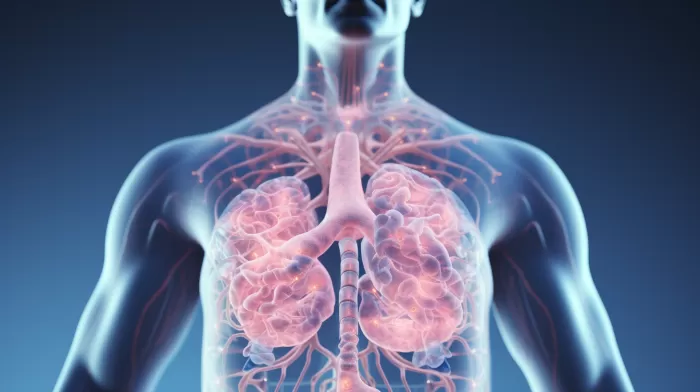Magnesium is an essential mineral required by all the major organs in your body to function optimally. However, it’s probable that you may have a magnesium deficiency, putting yourself at risk for a range of health issues. Low magnesium levels contribute to heart disease, cardiac arrest, depression, kidney stones, muscle cramps and twitching, nervous system problems, and low kidney function, among others. In the past, our diets provided most of the magnesium our body needed, but modern-day crop nutrition has significantly decreased.
The Decline in Crop Nutrition
A 2004 study published in the Journal of the American College of Nutrition found that the nutrient content of crops had declined by as much as 40 percent between 1950 and 2004. Dr. Donald Davis explains, “Emerging evidence suggests that when you select for yield, crops grow bigger and faster, but they don’t necessarily have the ability to make or uptake nutrients at the same, faster rate.” Another study, published in “Nutrition and Health,” observed declines in magnesium levels by 24 percent in vegetables, 17 percent in fruit, 15 percent in meat, and 26 percent in cheeses from 1940 to 1991.
Causes of Magnesium Deficiency
Several factors contribute to a magnesium deficiency. Firstly, many of the foods consumed in a modern diet offer zero magnesium. Carbonated beverages, for example, contain phosphates that bind with magnesium in the digestive tract and render it unavailable to the body. Refined sugars present in processed foods are classified as “anti-nutrients,” meaning they consume nutrients during digestion, leading to a net loss of nutrients. Moreover, caffeinated and alcoholic beverages prompt the kidneys to excrete extra magnesium.
In addition to these dietary factors, prescription medications (including heart and asthma medications, birth control pills, estrogen replacement therapies, and diuretics), aging, stress, and disease all contribute to a magnesium deficiency.
Symptoms of Magnesium Deficiency
The following symptoms could signal a magnesium deficiency:
- Anxiety
- Hyperactivity
- Difficulty falling asleep and staying asleep
- Painful muscle spasms and cramping
- Fibromyalgia
- Ringing in the ears
- Abnormal heart contractions
- Kidney stones
- Facial tics
- Eye twitches and involuntary eye movements
If you experience these symptoms, it might be time to boost your magnesium levels.
How to Increase Your Magnesium Levels
To increase your magnesium intake, consider incorporating the following magnesium-rich foods into your diet:
- Pumpkin seeds
- Sunflower seeds
- Soybeans
- Black beans
- Cashews
- Spinach
- Squash
- Sesame seeds
- Almonds
- Okra
Beyond dietary changes, you can also use supplements or topical salves to obtain additional magnesium. Magnesium liquids rubbed onto the skin penetrate the body and deliver a sizeable dose of magnesium. Dr. Carolyn Dean, author of “The Magnesium Miracle,” recommends taking 600 milligrams daily of elemental magnesium and consuming leafy greens, nuts, seeds, and bananas for optimal results. By focusing on a magnesium-rich diet and considering supplementation, you can work towards improving your overall health and reducing your risk of experiencing the negative effects associated with magnesium deficiency.



